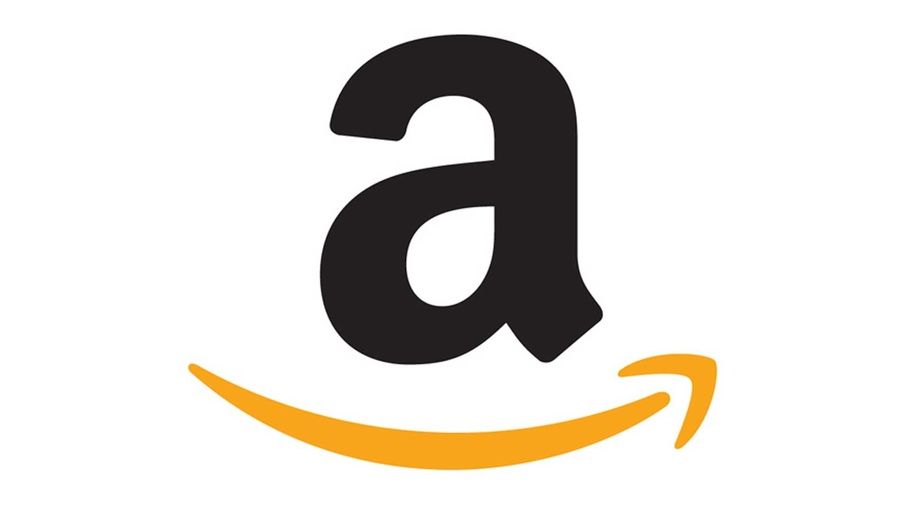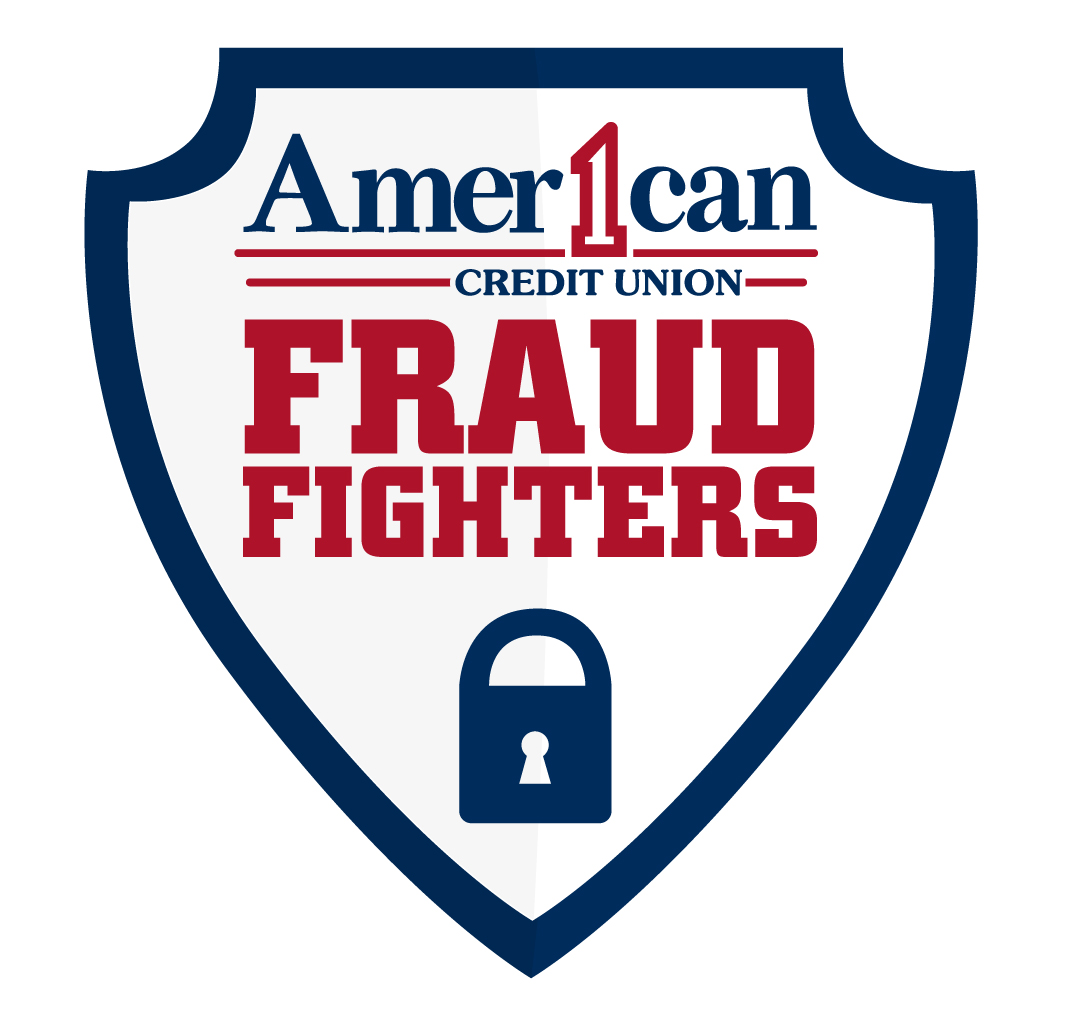

According to Amazon, If you receive a suspicious (sometimes called phishing) correspondence, you can utilize some helpful tips to determine if it's an email, phone call, or webpage from Amazon.com. You can also report a phishing or spoofed email on the Amazon website.

To learn more, click here.